Pet advice: what Australian pets are costing their owners and how to save on expenses for your dog, cat and fish
Aussie households are now spending more than three times their annual power bill on their beloved pets, with many ignoring easy ways to save on bills and expenses.
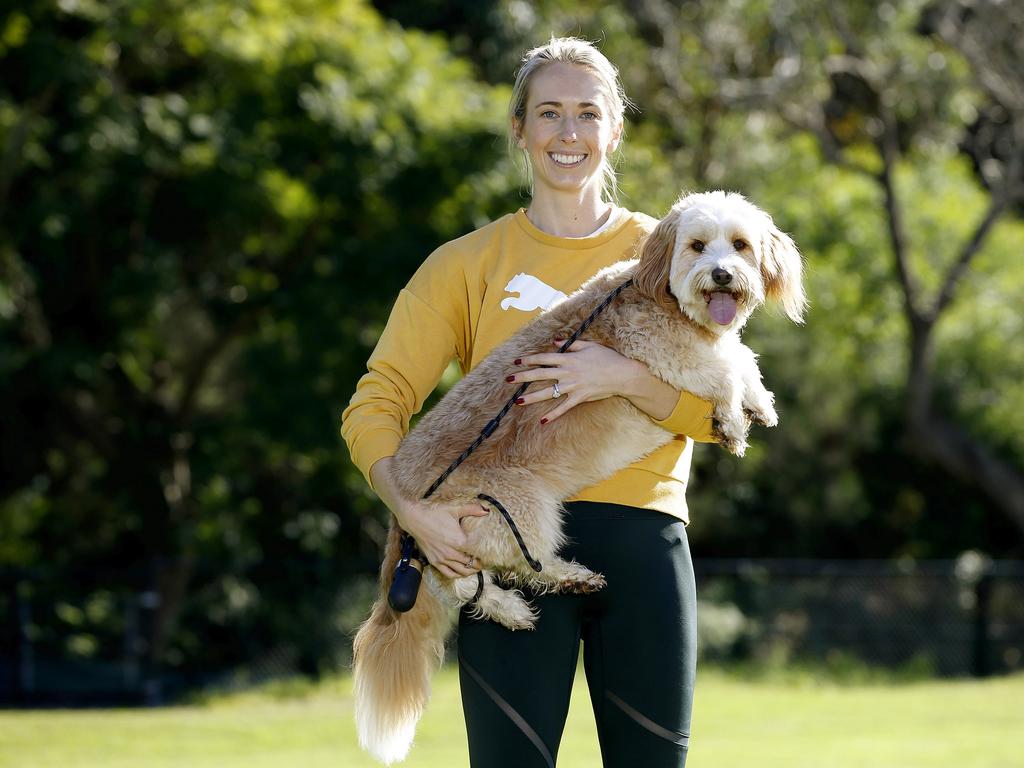
Property
Don't miss out on the headlines from Property. Followed categories will be added to My News.
Aussie pet loving households are now spending more than $5000 a year on average on their best furry friend – more than three times their annual power bill – as the desire to pamper and provide better lifestyle options and the spike in the cost of living converge.
According to new research from Pet Circle, pet lovers in NSW are spending an average of $5096 per household per year on their dogs, above the national average of $4312 per household.
Pet Circle’s Budgeting Better report found at least half of the 2200 pet owners surveyed felt their costs were exorbitant but they were not actively taking measures to limit their expenses.
With a majority of owners (53 per cent) having to dip into their personal savings to deal with their cat or dog’s health issues.
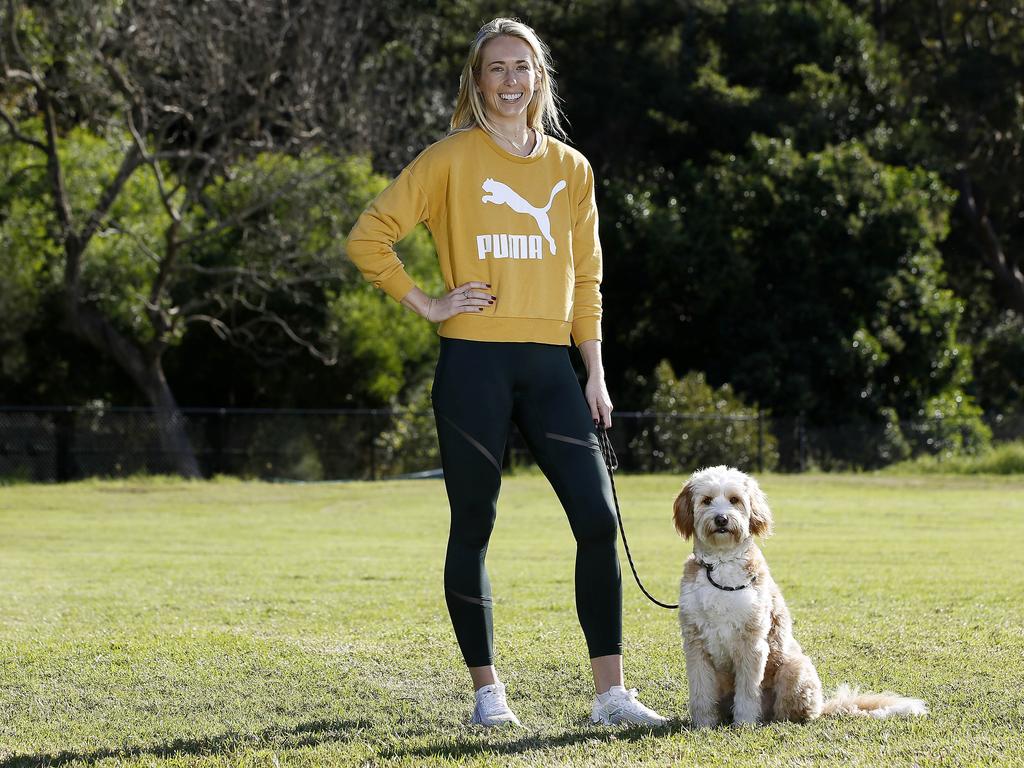
HOW TO SAVE MONEY ON YOUR PETS
However millennial money guru Emma Edwards from The Broke Generation and cat mum to Paddington said “there are ways you can save on pet ownership but still ensure your furry ones get what they need”.
“Only one in five pet parents ask for the best price when shopping for pet products and only about a third compare pet product prices across different stores before buying, which means many are missing out on some great savings,” Ms Edwards said.
“To save money on regular pet items, like food, treats and flea and worming treatments, buy in bulk when you see a good price, or if you can’t store too much, consider setting up an auto delivery subscription.
“I get dry food and litter on subscription to streamline the cost and it arrives when I need it so I don’t get caught out with an empty cupboard.”
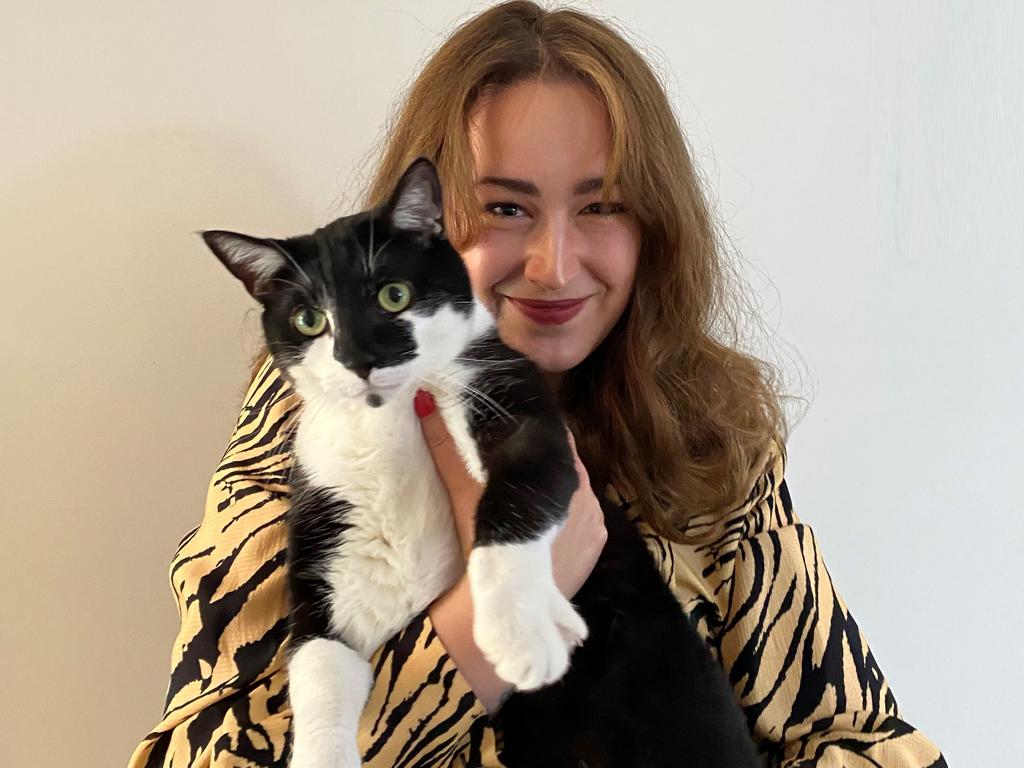
In Victoria, the average household spend for dog lovers is $3,962, in Queensland it is $3378 and in South Australia they spend $4086 each household, the Better Budgeting report discovered.
Cat lovers are spending $4156 on average per household, with NSW again leading the way, ahead of the national mean of $3335 per year.
The study surveyed owners on their annual spend across a range of categories, including food, vet services, insurance, grooming, training and dog walking.
The vet ($831 annual average) and food ($789) were the biggest costs nationally for dog owners. For cat owners it was food ($676) followed by vet services ($598)
The research also found that 40 per cent of owners only take their pet to the vet when they are sick.
Australia’s favourite dog breeds “under one woof”
“Whilst taking your pet to the vet for regular check ups can feel counterintuitive when you’re trying to save money, it can help detect any health issues earlier on and potentially help you save money in the long run,” Ms Edwards said.
Pet Circle Head Vet Dr Teagan Lever said looking for better value for money was also vital.
“Nearly two thirds (65 per cent) of Australians buy supermarket pet food, but you may be surprised at how affordable premium food can be and how much more beneficial they are,” Dr Lever said.
“Premium pet foods are highly digestible and are often more nutrient dense, which means you may actually need to feed less, potentially saving you money in the long run and also keeping your pet healthier.”
Using pet pharmacies for medicine is another money saving option, according to Dr Lever.
SHOULD YOU BUY PET INSURANCE?
As elite athletes, Olympians Anneliese and Lachlan Renshaw are only too aware of what the costs of eating well and looking after yourself can be and how it pays off in the long run.
That also goes for their gorgeous pup Finley, who turned four this week.
For today’s pet owners, what might have once been optional expenses for their loved ones, such as insurance, parasite treatments and diet supplements are now a vital part of their livelihood, much like their owners.
“As Finley is very active, we also give him a supplement daily to help with his joint health and general wellbeing, which we hope will also keep vet bills down later in life,” Lachlan said.
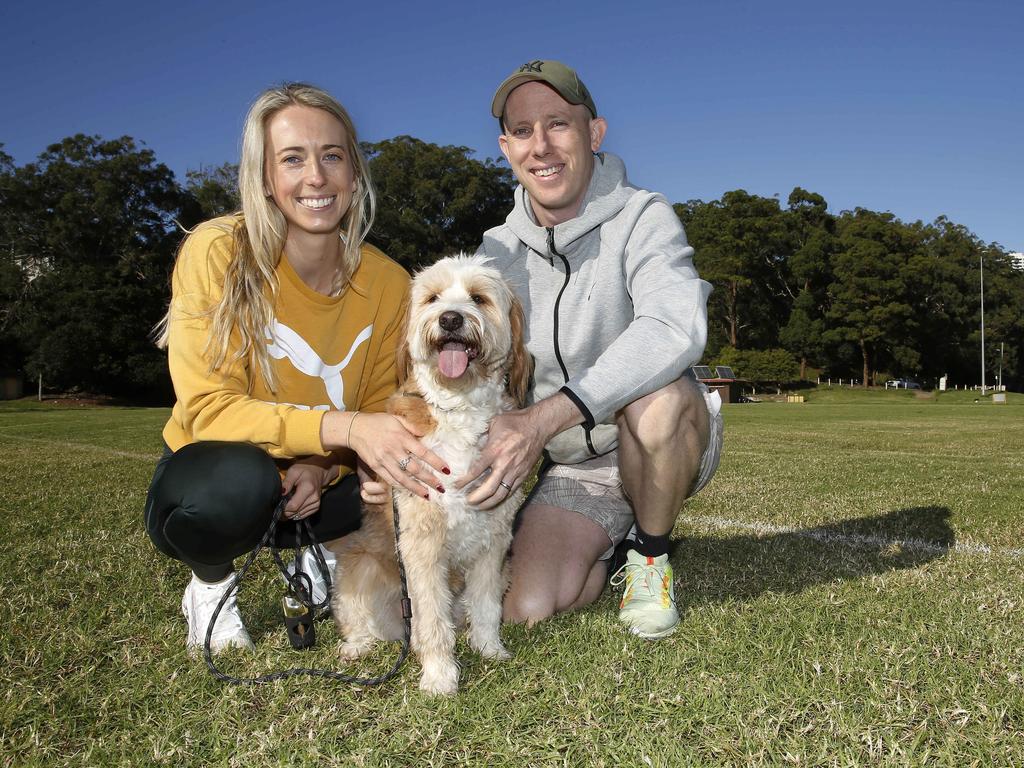
“We also buy premium pet food to keep him healthy and to reduce the cost per meal we buy in bulk and use a subscription for our monthly dog food delivery which saves us so much money on his food.”
That has allowed Border Collie cross Finley to continue being a key feature of the dog parks in and around North Sydney as he approaches middle age.
“When Finley was a puppy he got a tick and was quite sick, along with being a very scary experience it was an expensive few weeks,” Anneliese said.
“To avoid that situation again, we keep track of his tick, flea and worming medication and book him in to the vet for regular check ups.”
“After the tick, we also organised pet insurance. Finley is a very active dog and spends most of his time at the park chasing tennis balls or exploring through rocks and bushes.
“He often gets into quite a bit of mischief so we decided to take out pet insurance to help manage a few vet bills, and in case anything major happens in the future.
“It has saved us a lot of money over the last few years.”
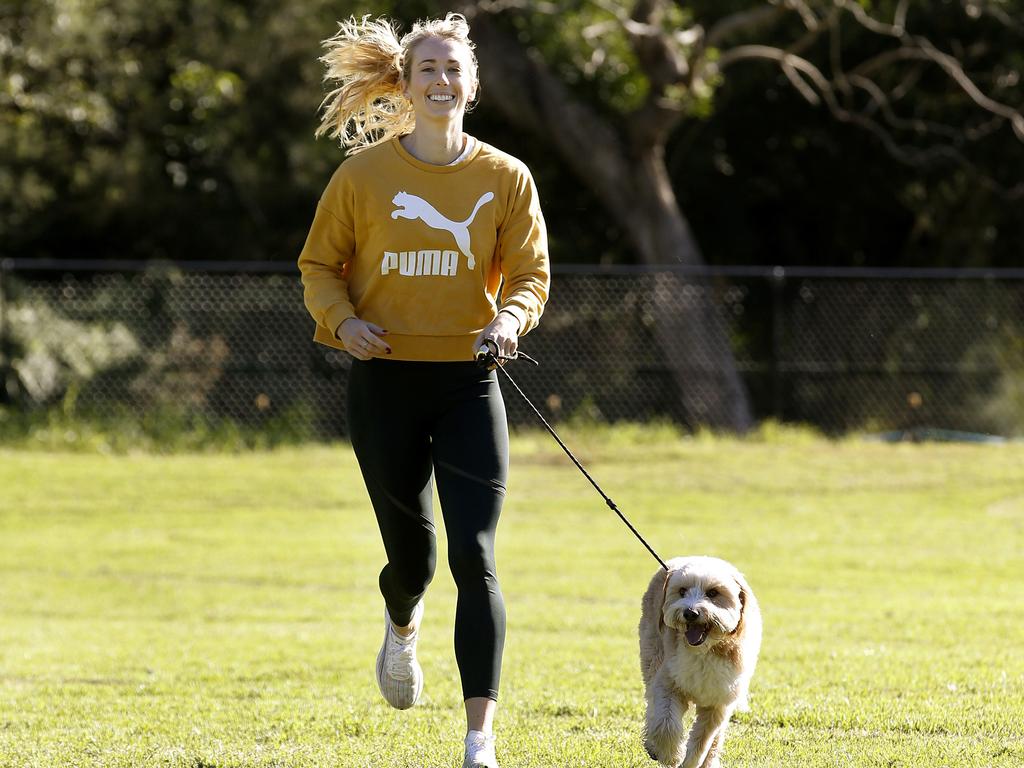
TOP TEN BUDGETING TIPS FOR PET COSTS
1. Ask for a better price
2. Buy in bulk and set up Auto Delivery
3. Swap supermarket pet food for higher quality premium brands
4. Keep up to date with regular vet check-ups, vaccinations and flea and worming
5. Use pet pharmacies for cheaper medication
6. assess insurance based on your pet’s lifestyle
7. Set up an emergency fund for your pet
8. Set up a budget for your regular pet food and supplies
9. Set up a treats allowance
10. Buy bundle boxes to save money
*Source: Pet Circle Head Vet Dr Teagan Lever and The Broke Generation’s Emma Edwards
More Coverage
Originally published as Pet advice: what Australian pets are costing their owners and how to save on expenses for your dog, cat and fish









